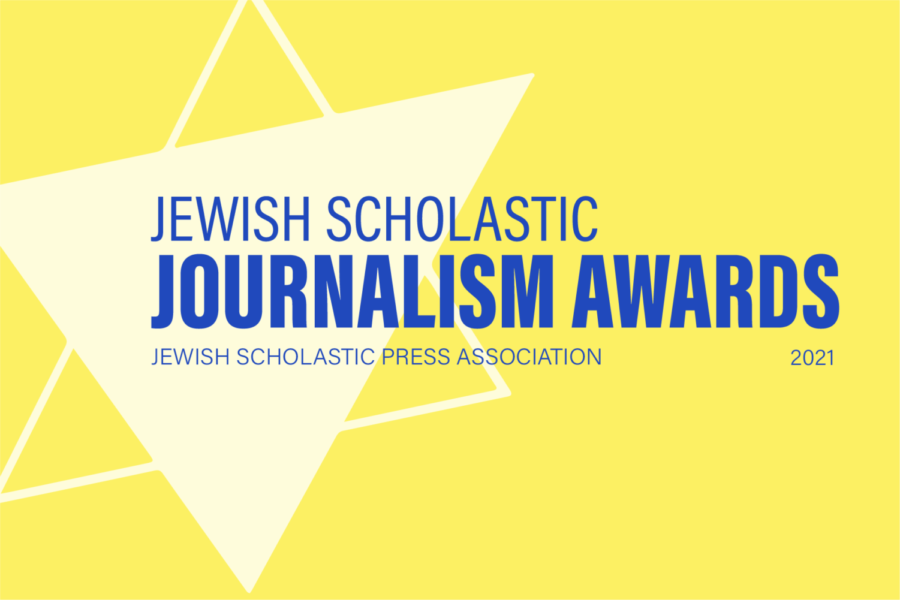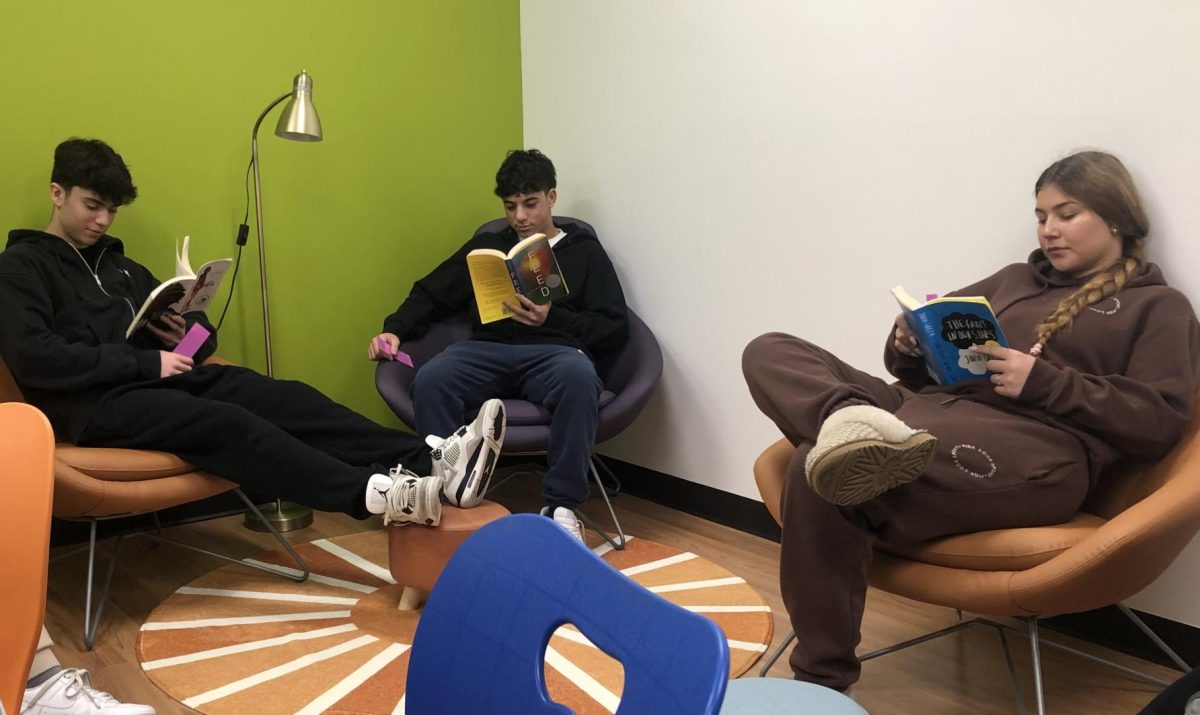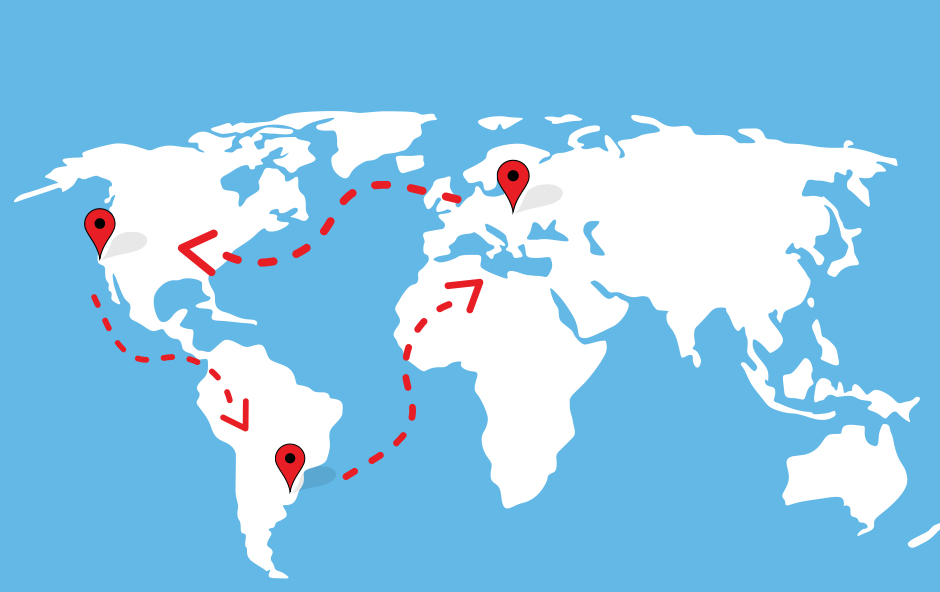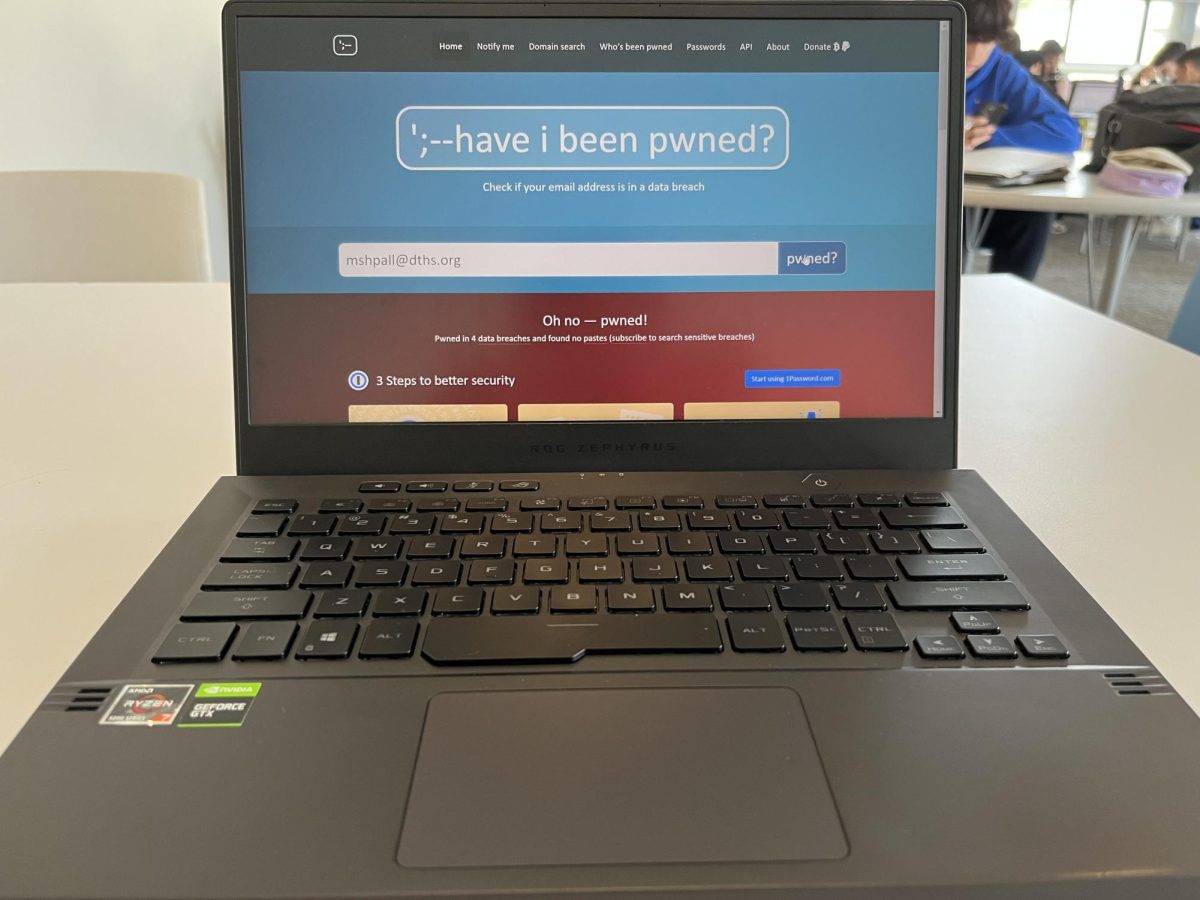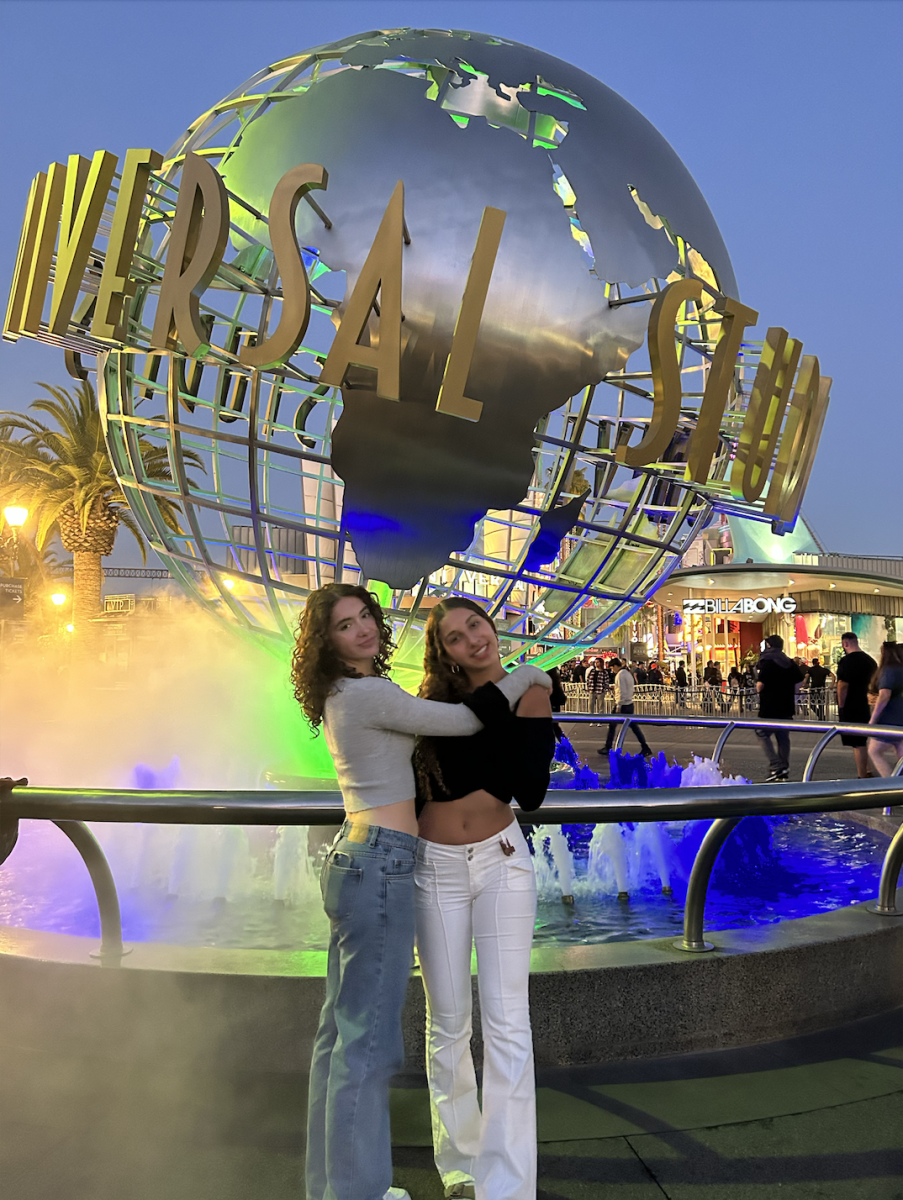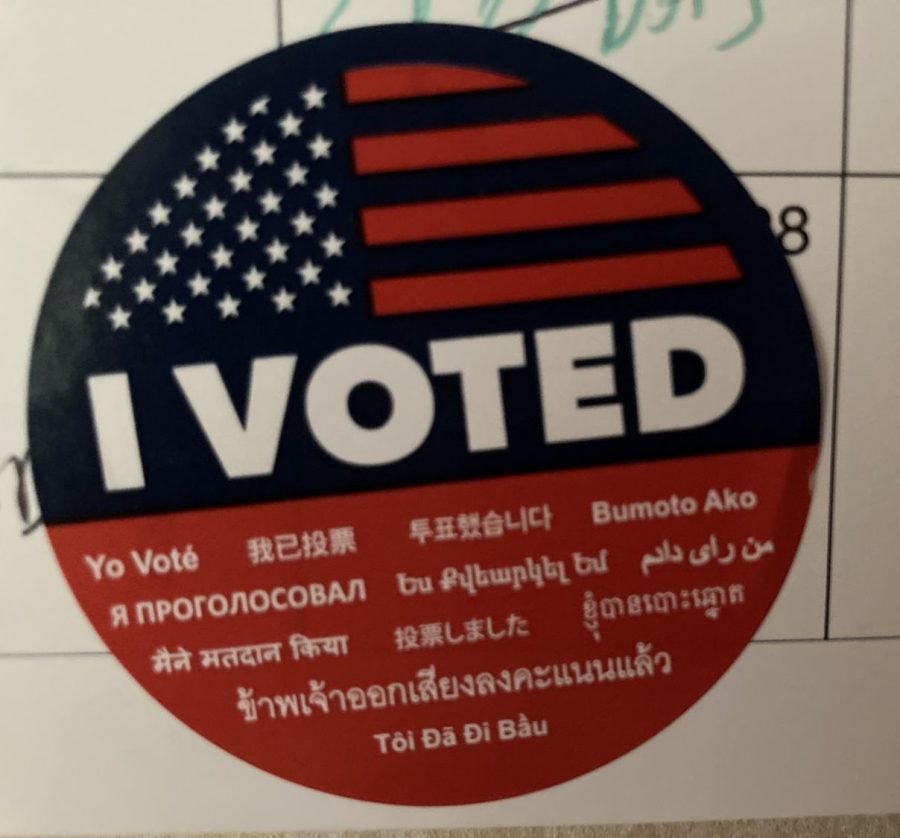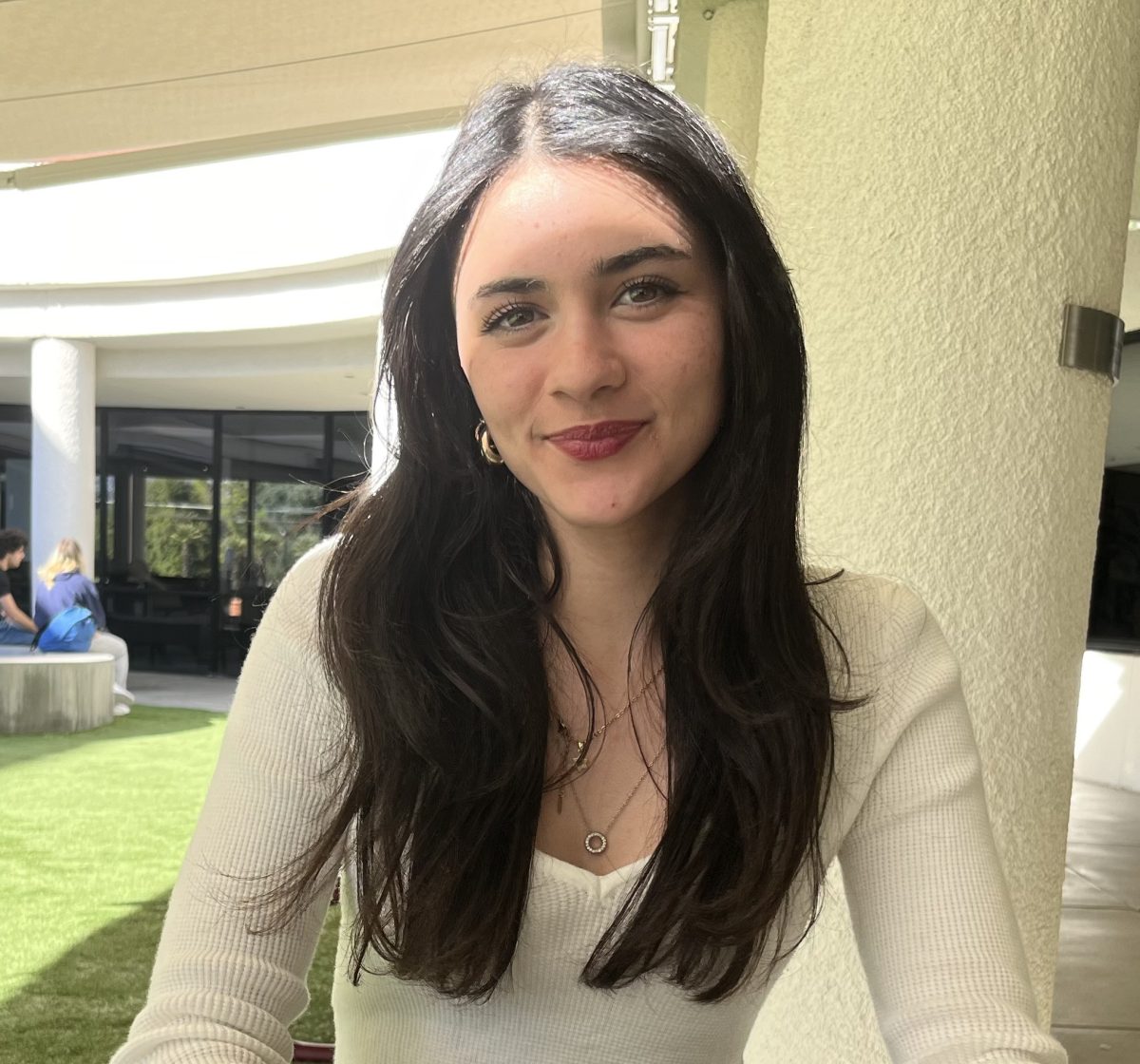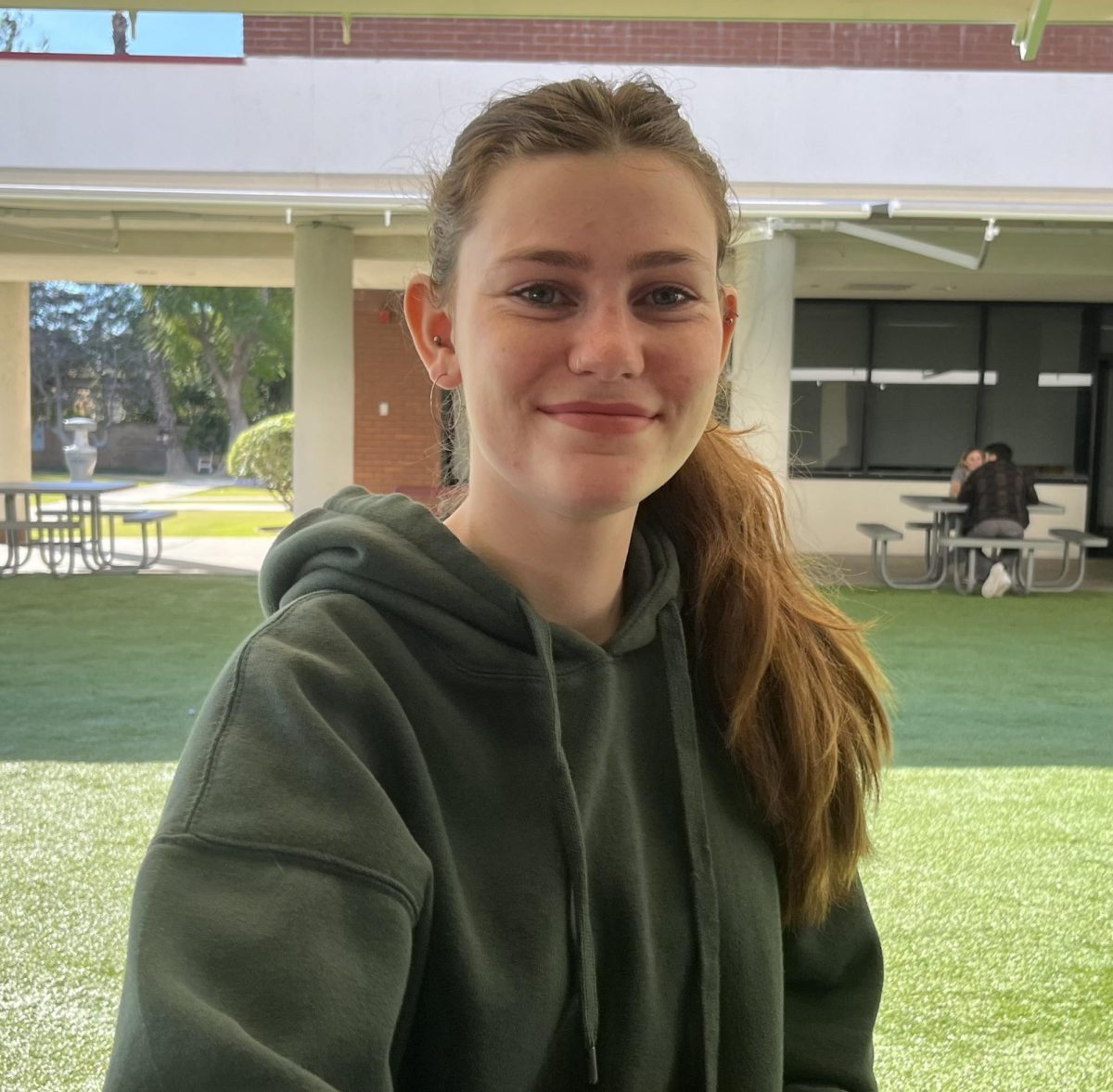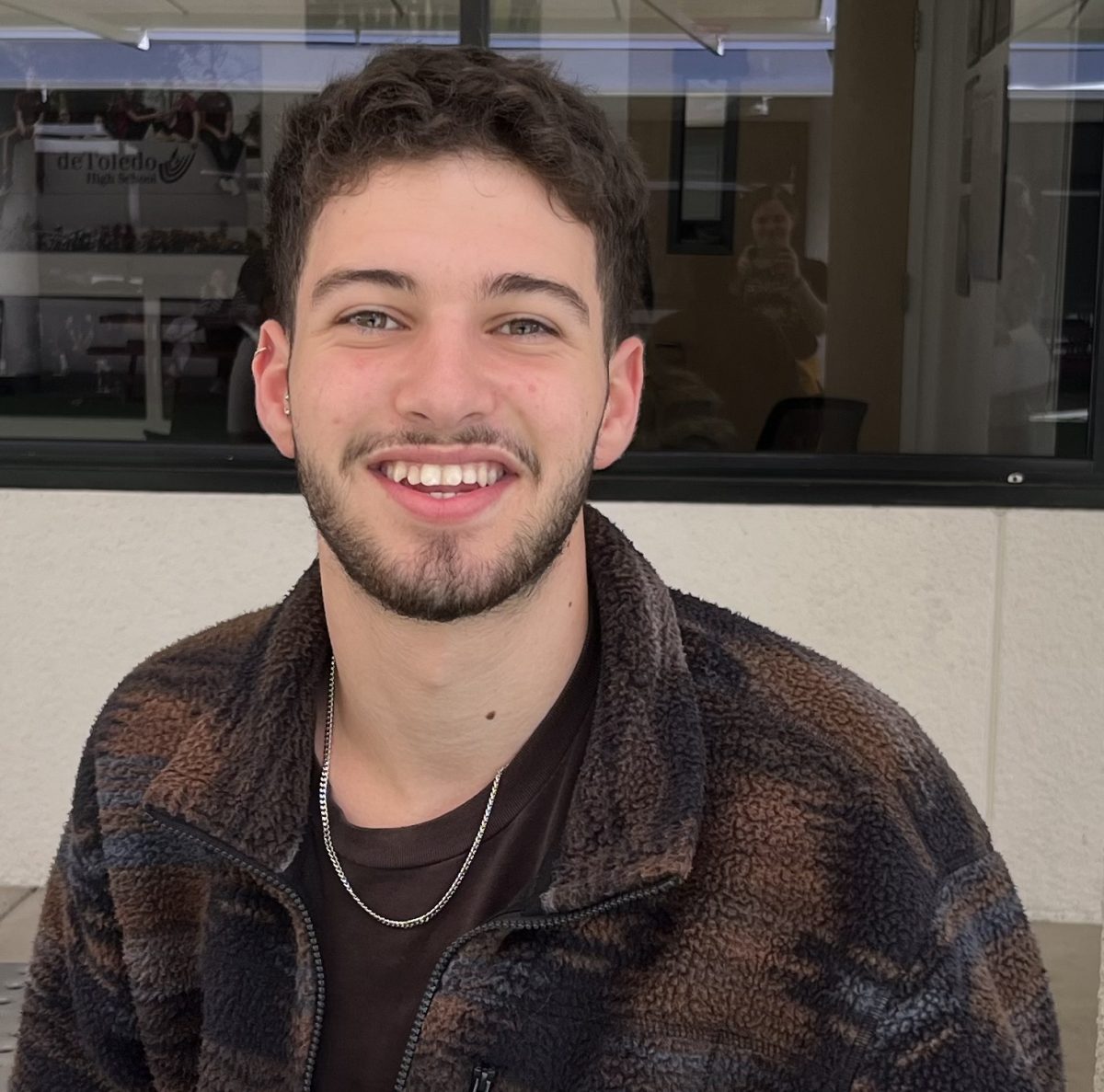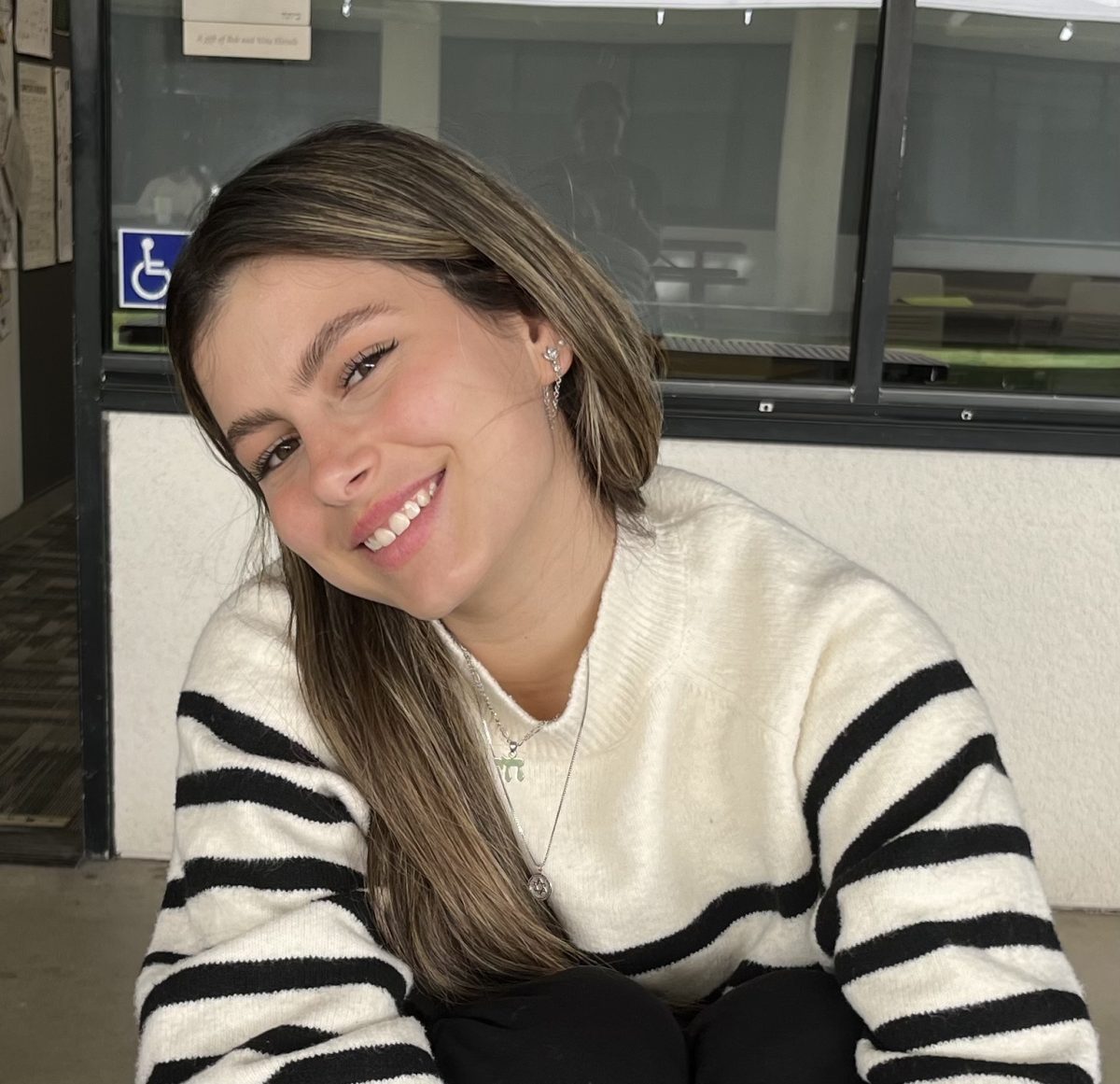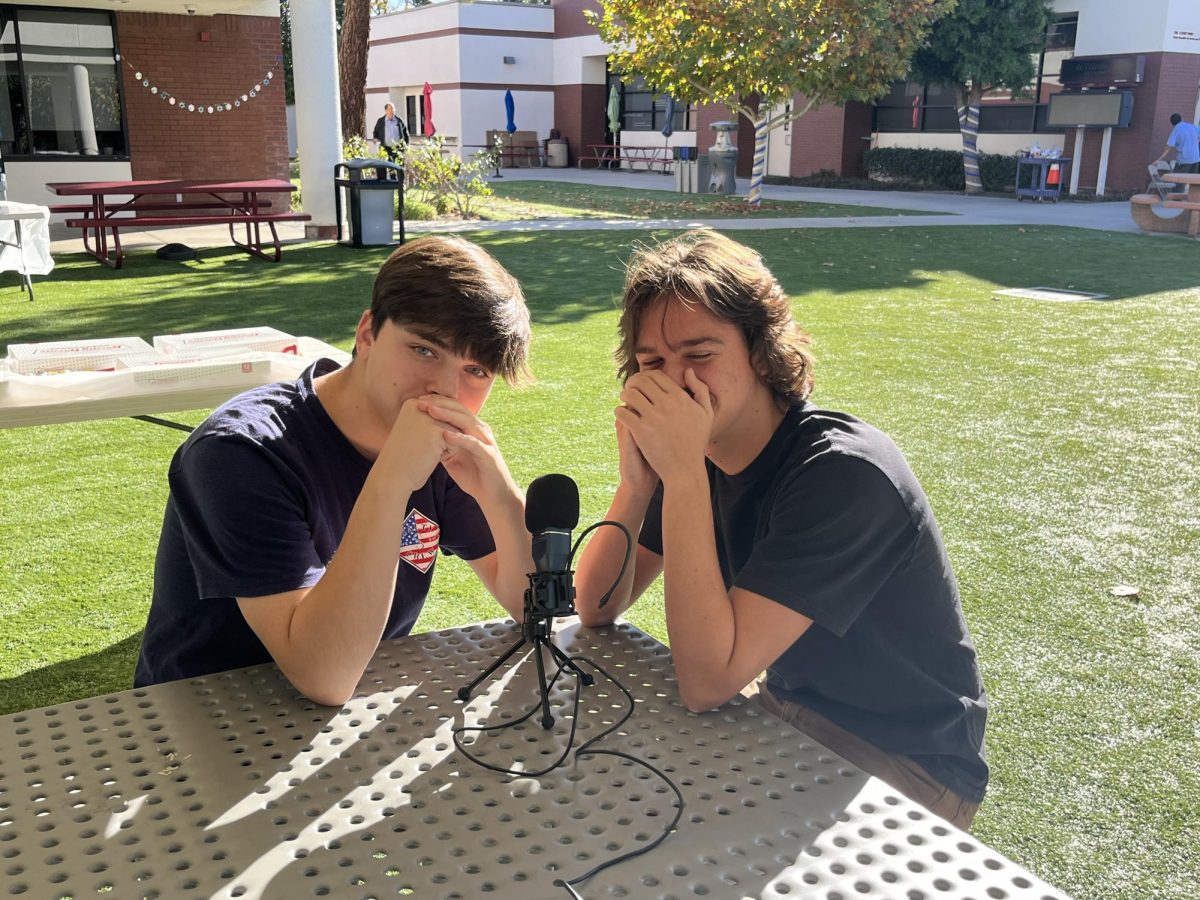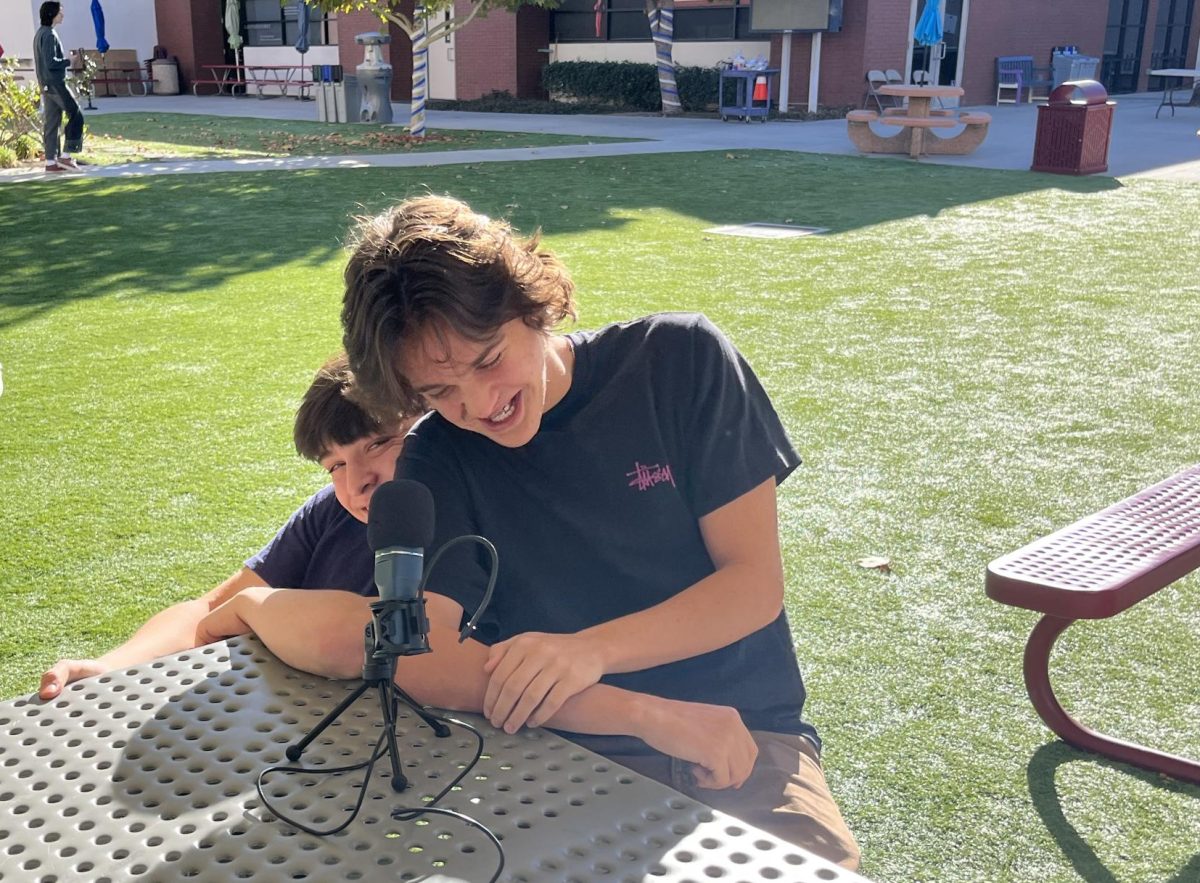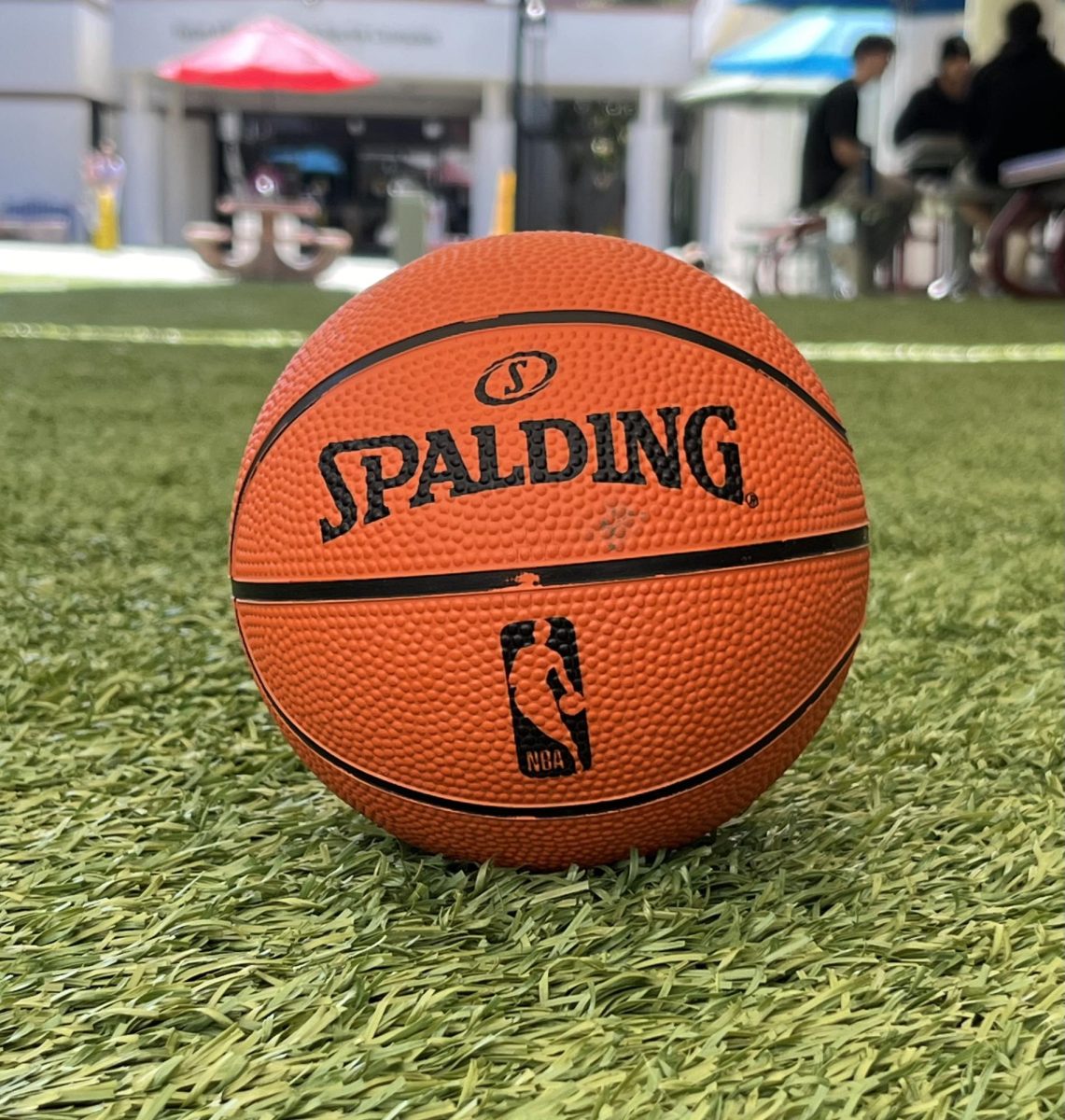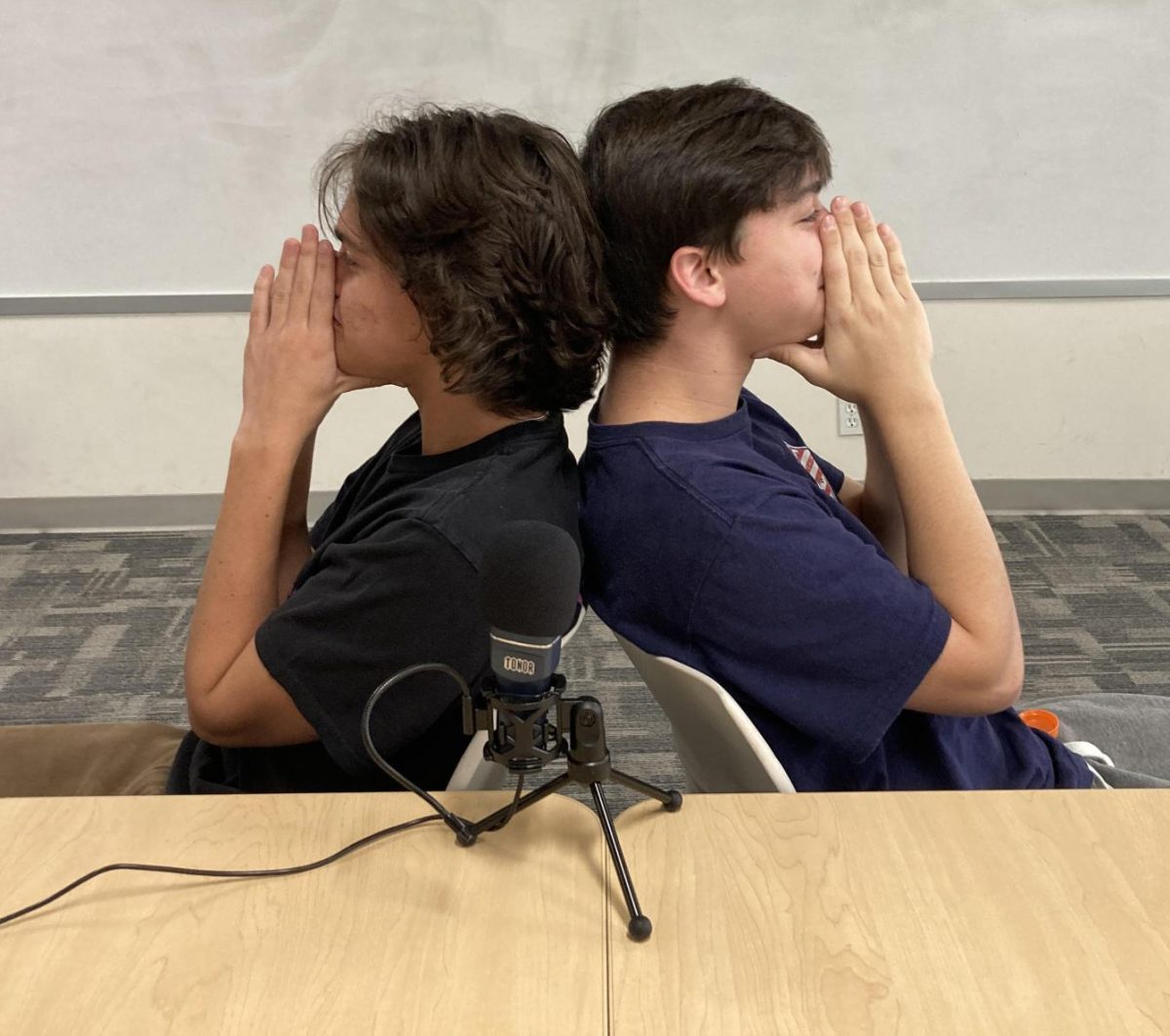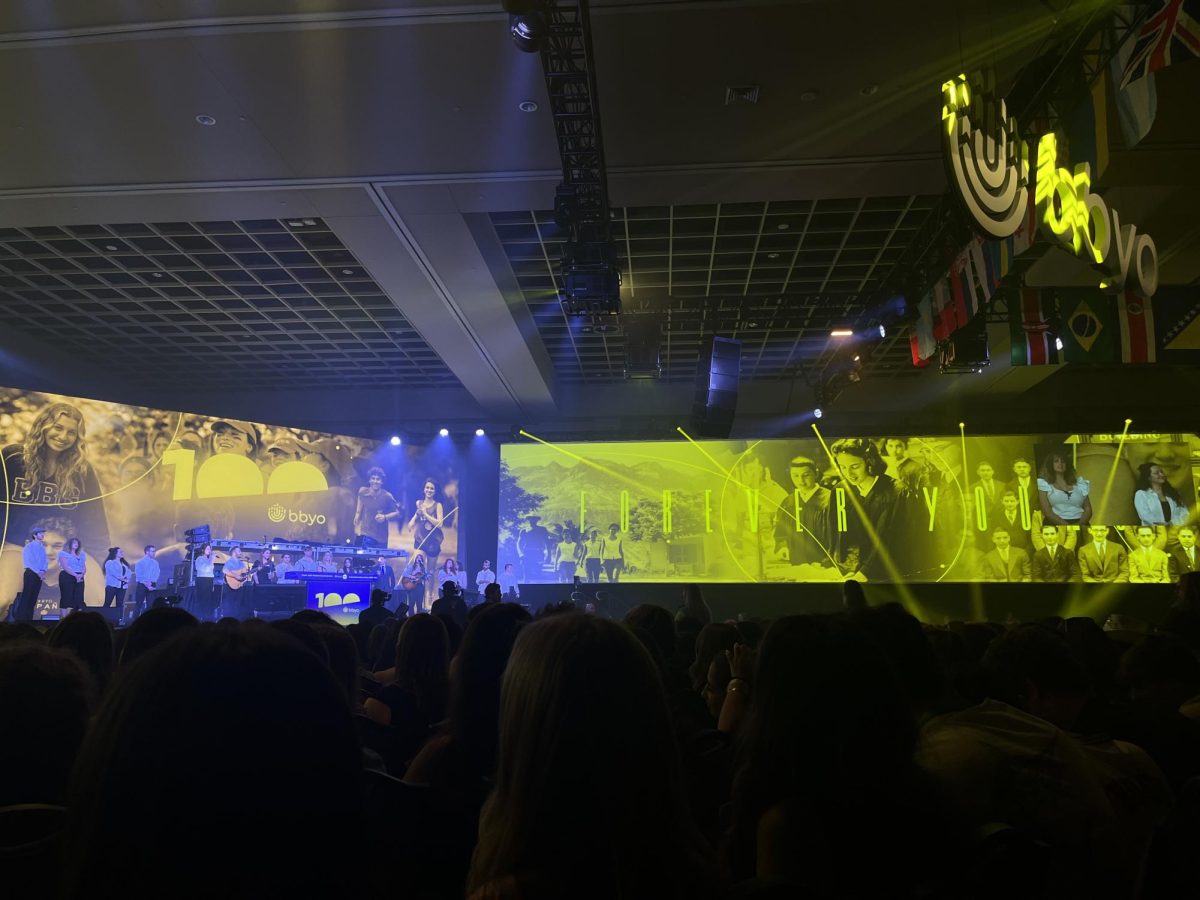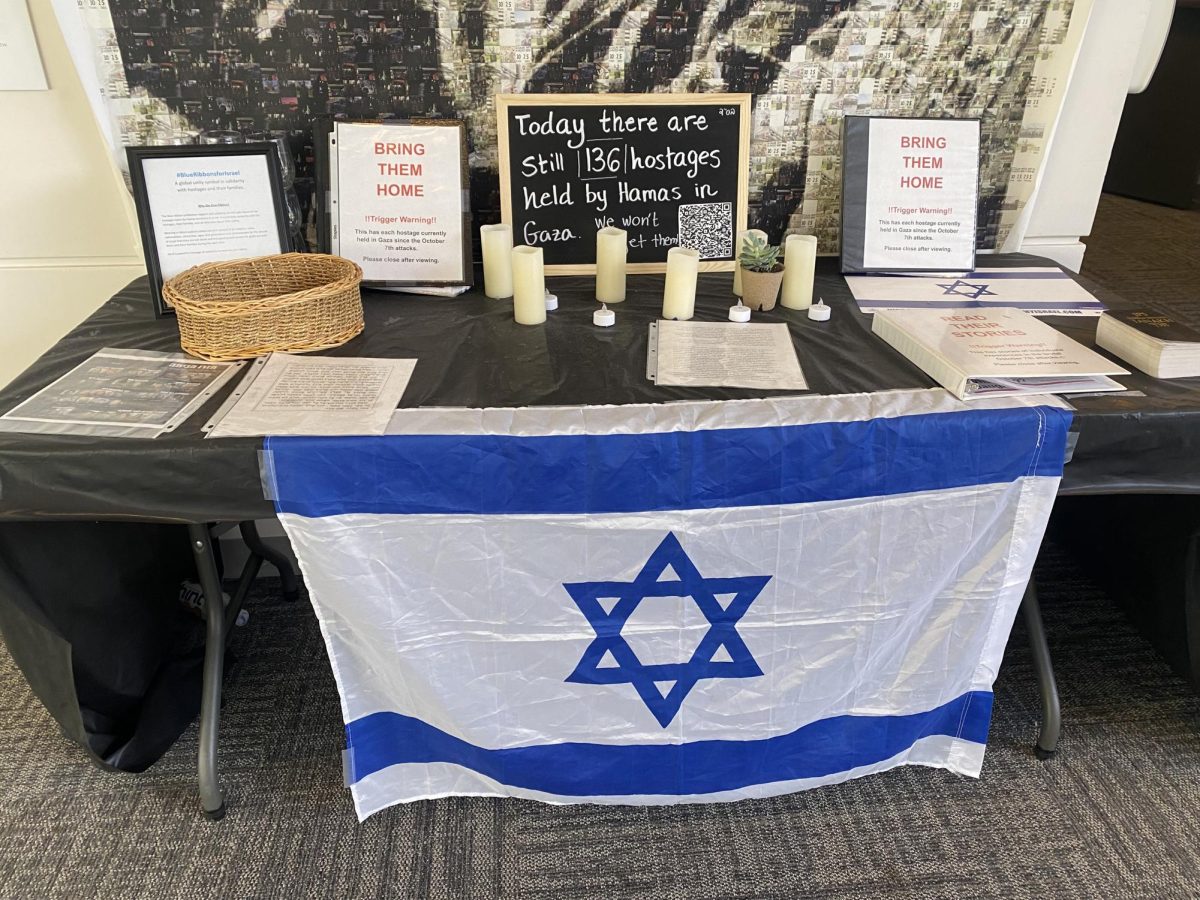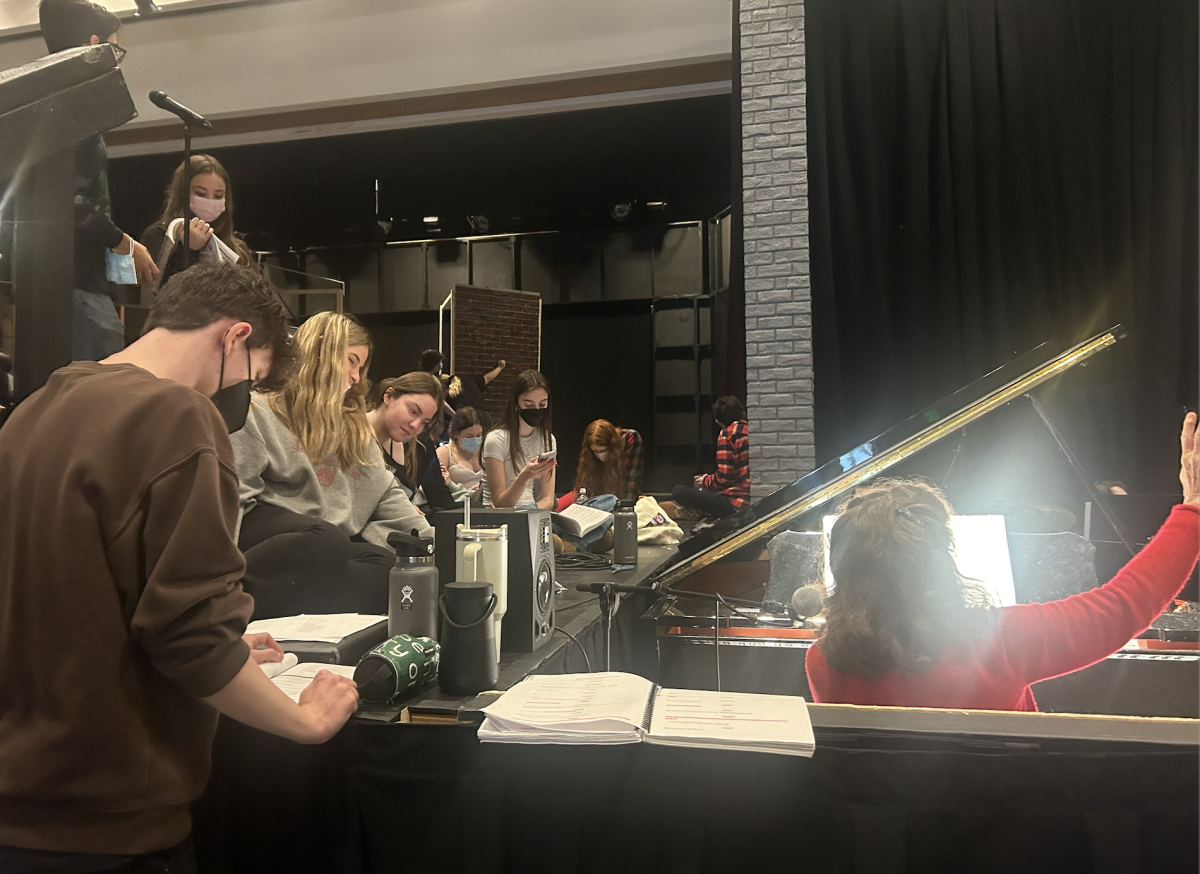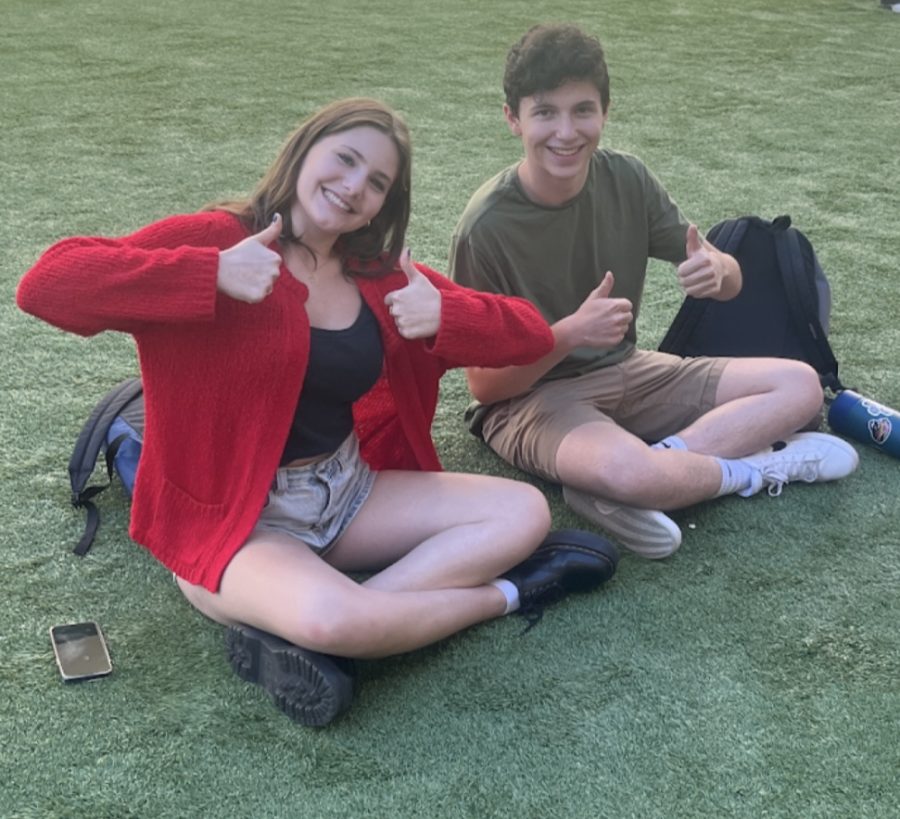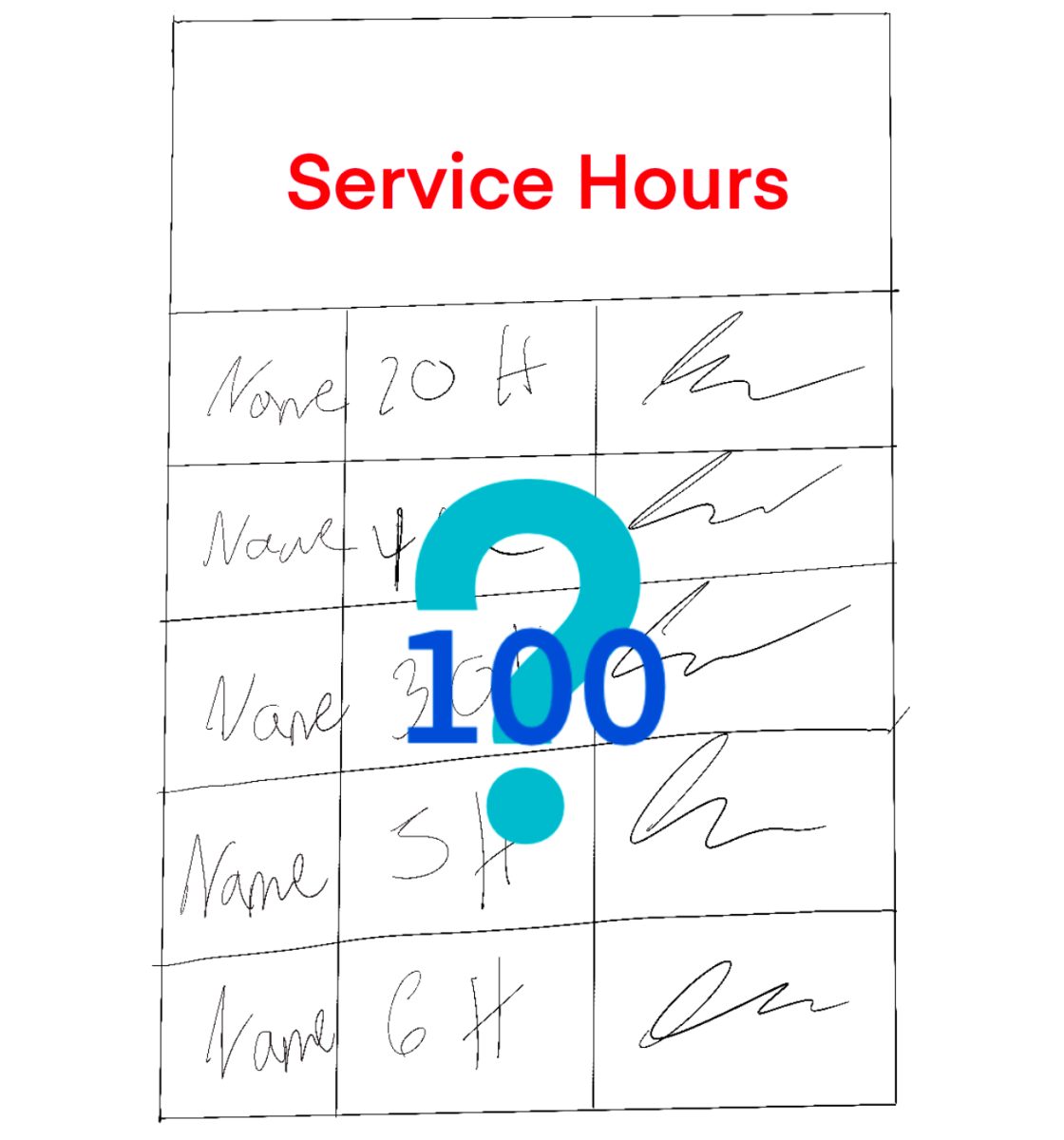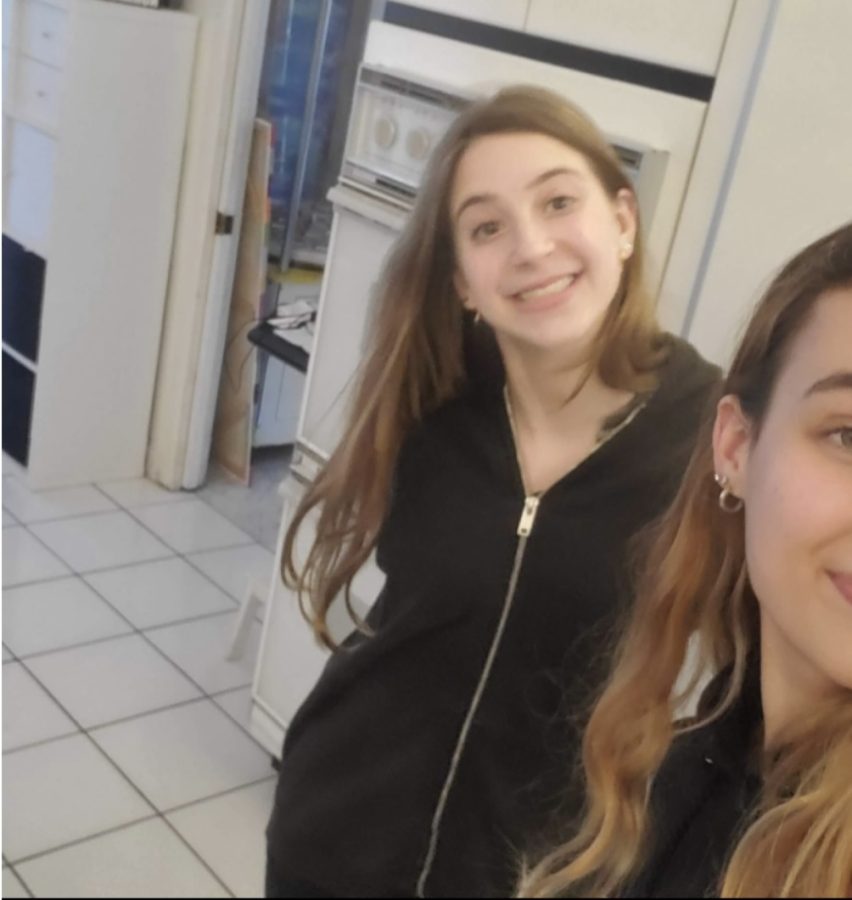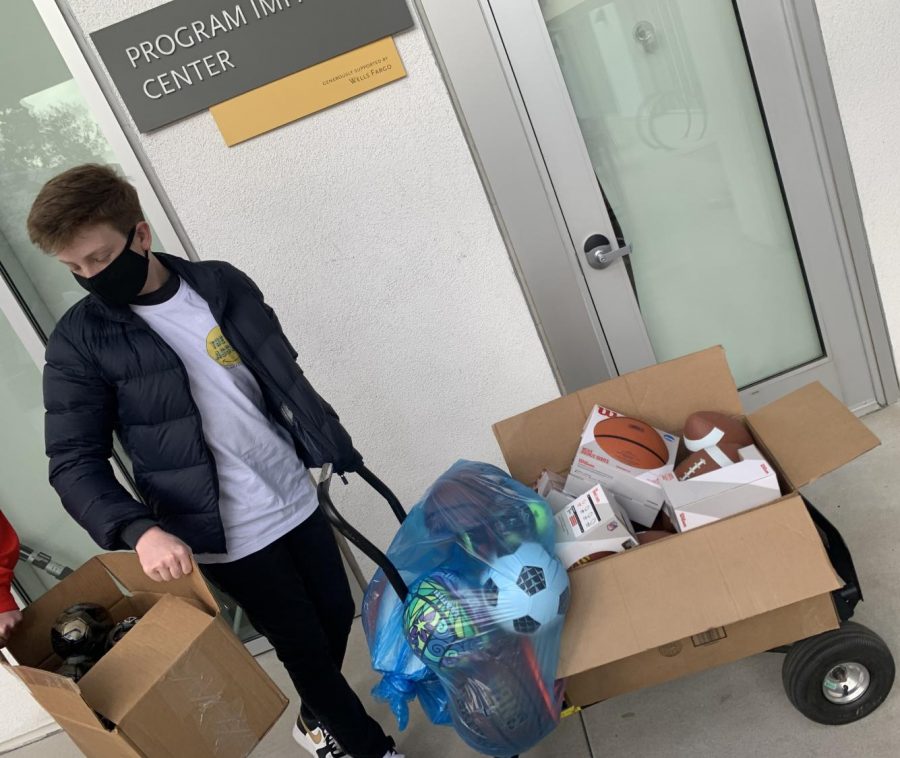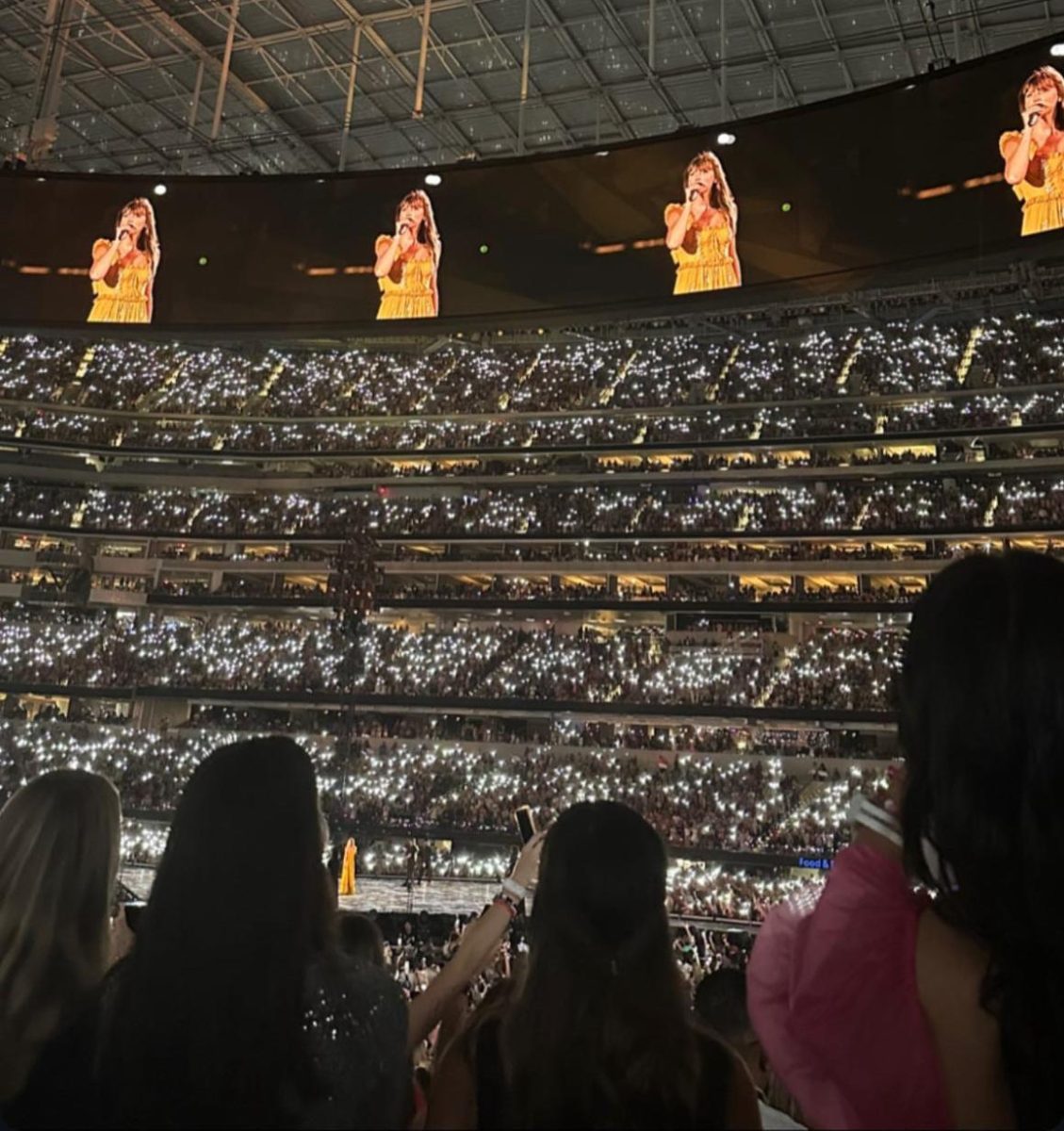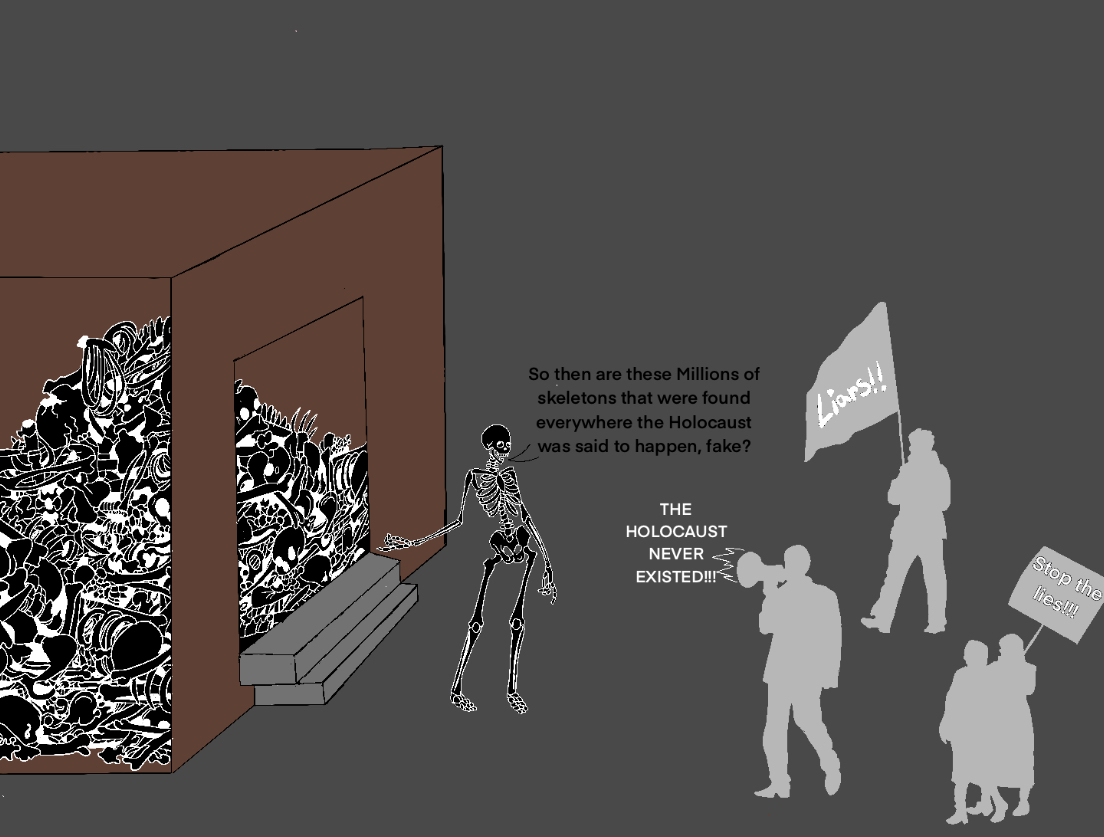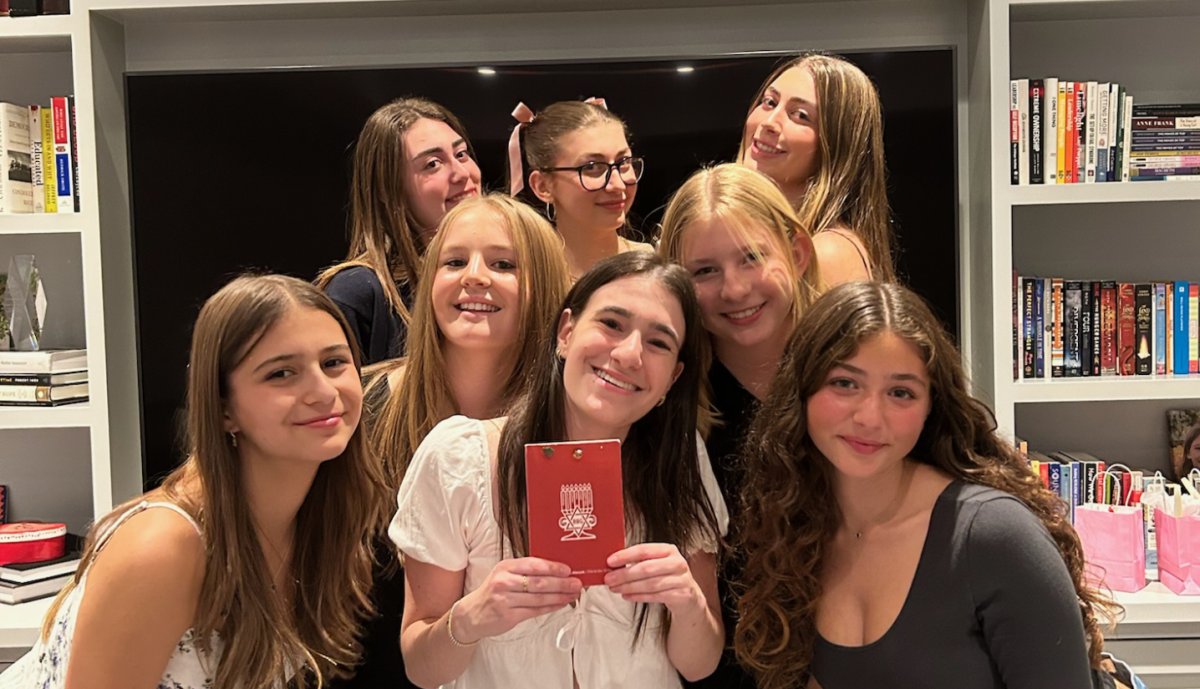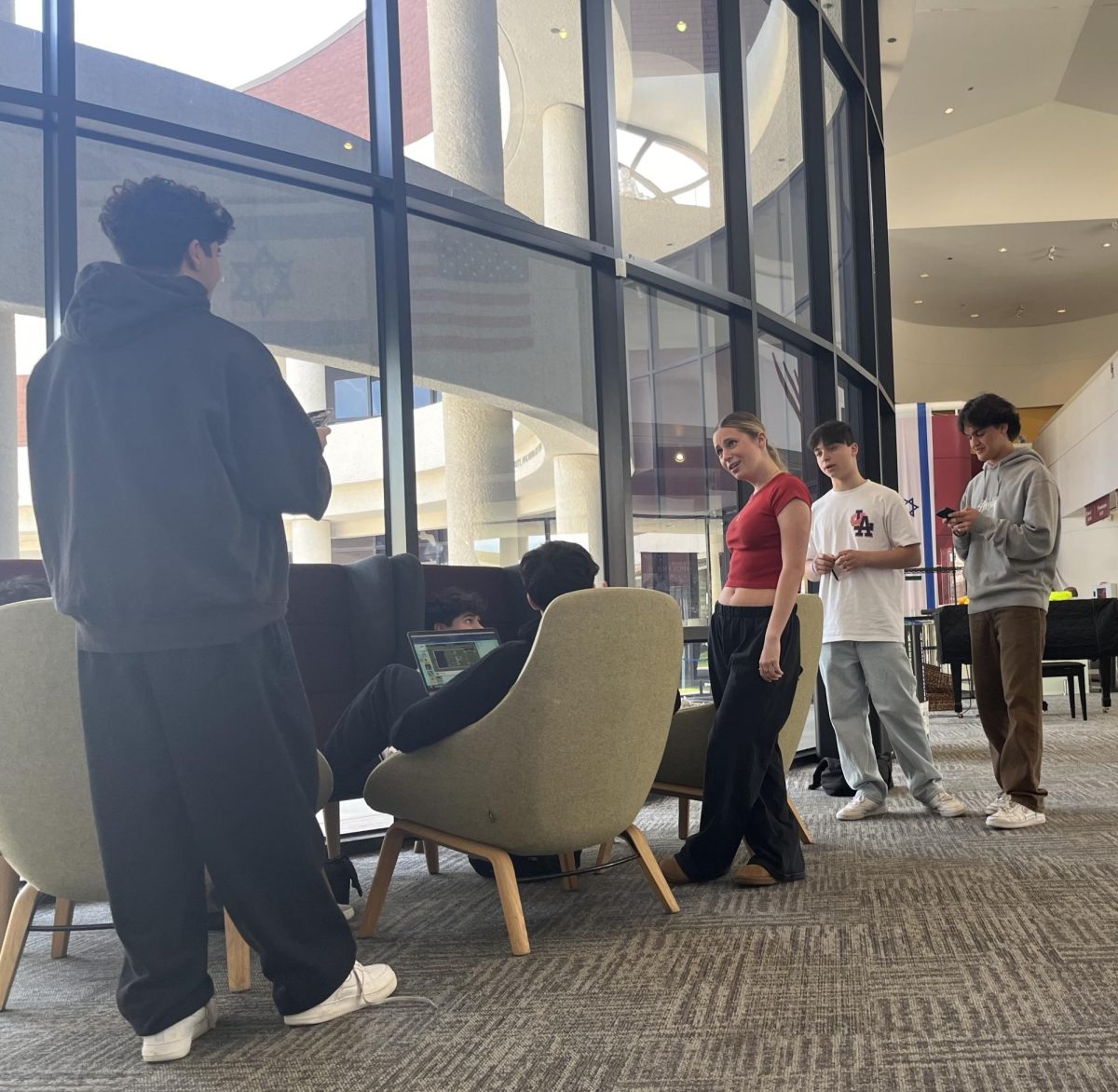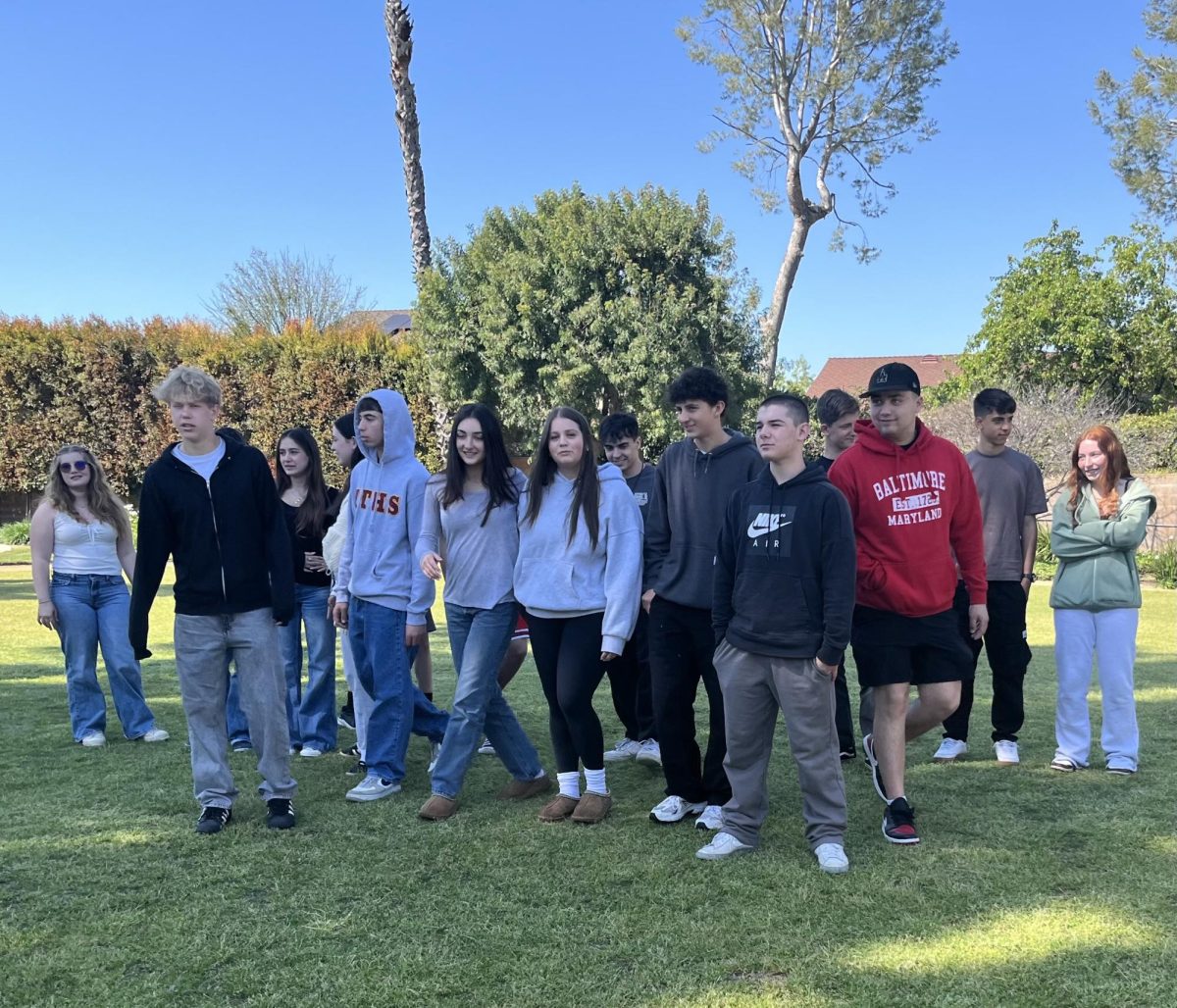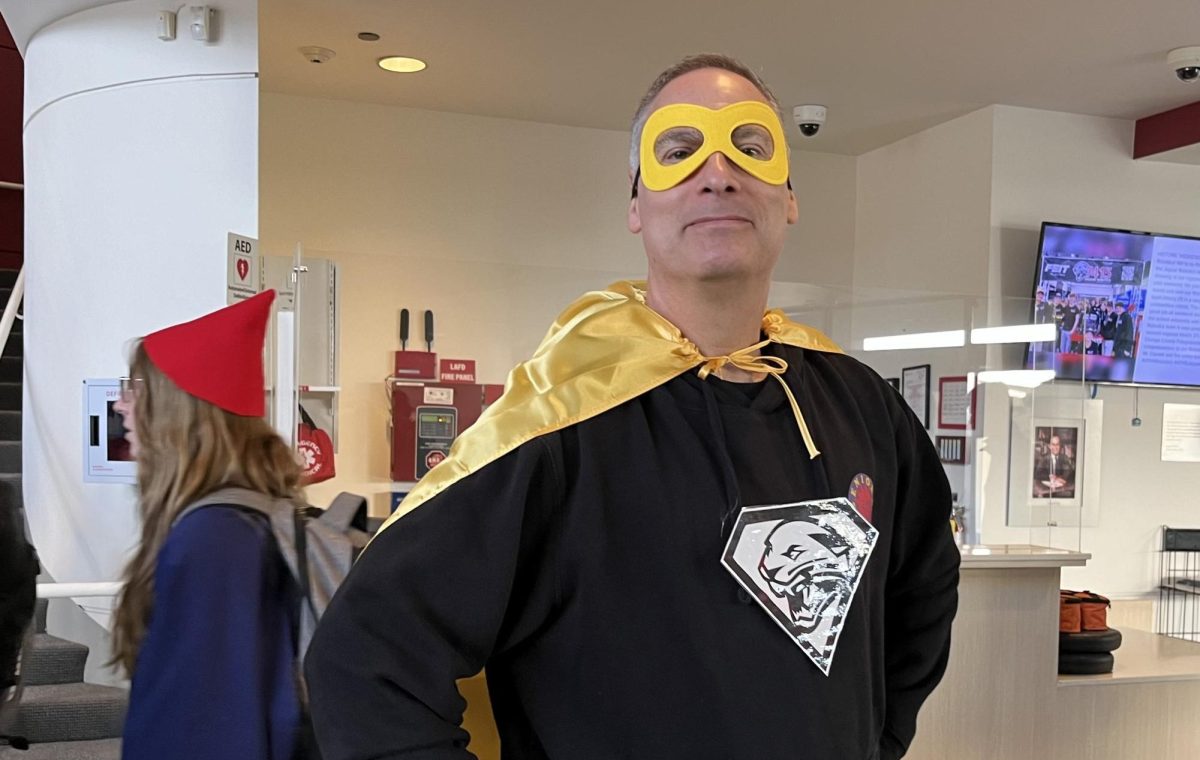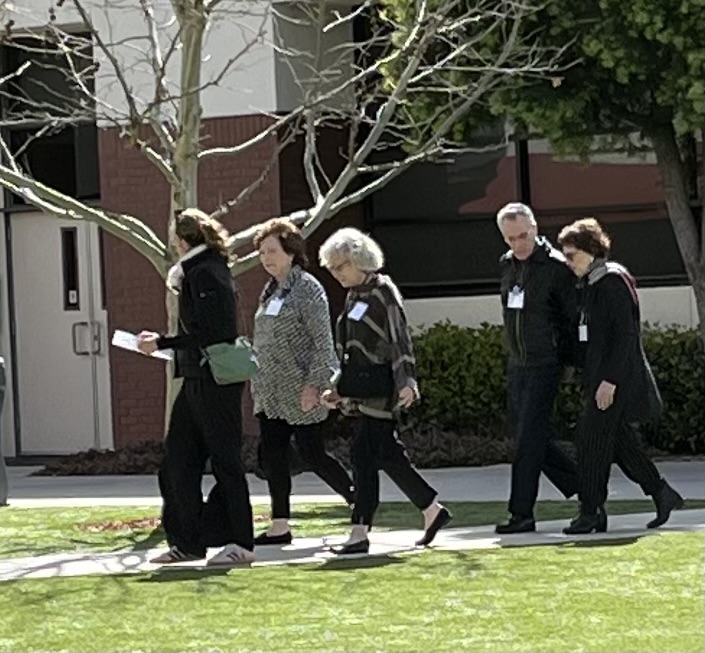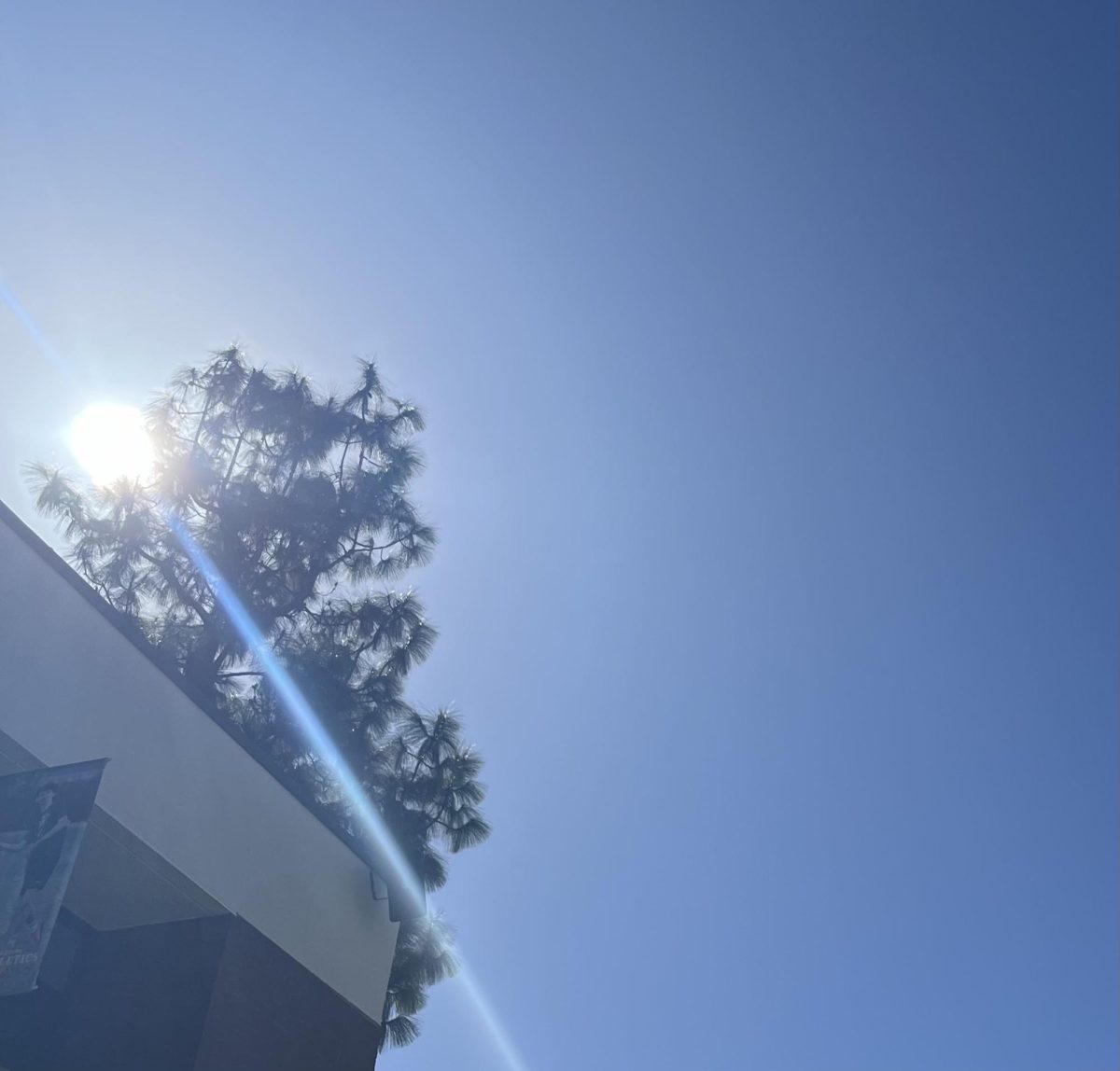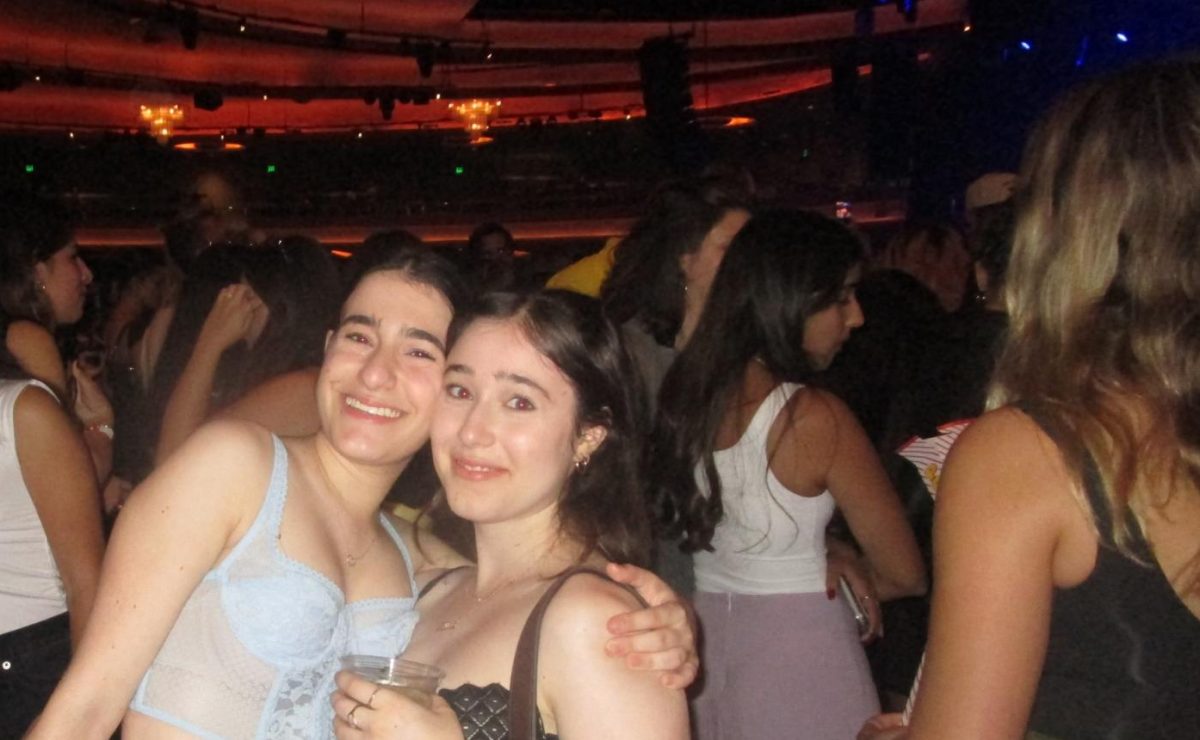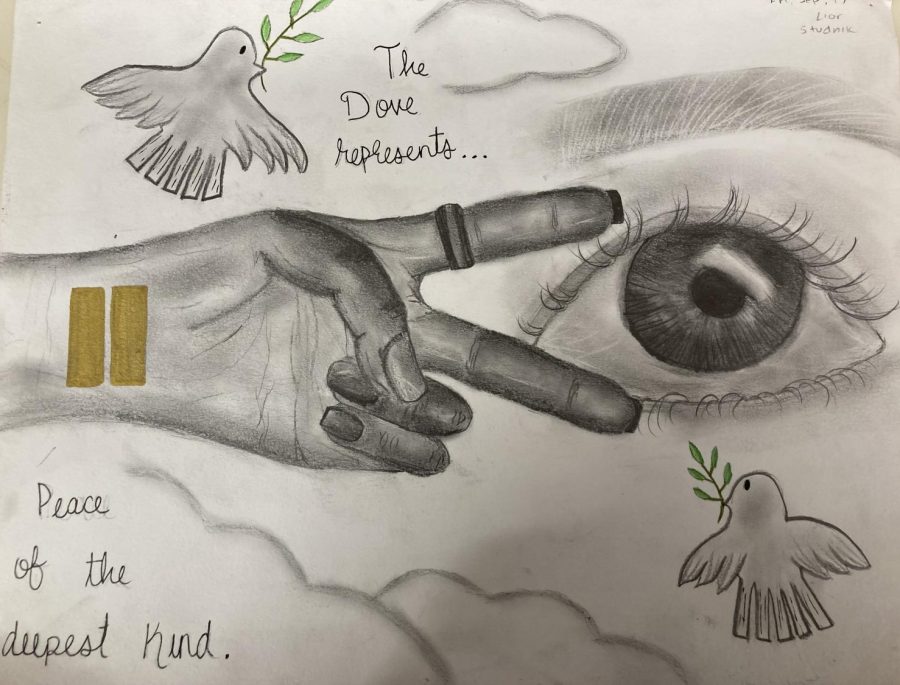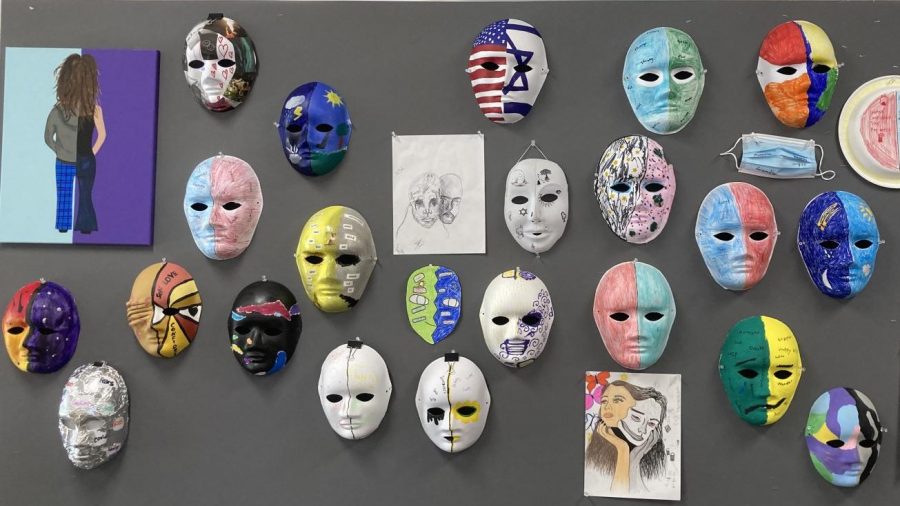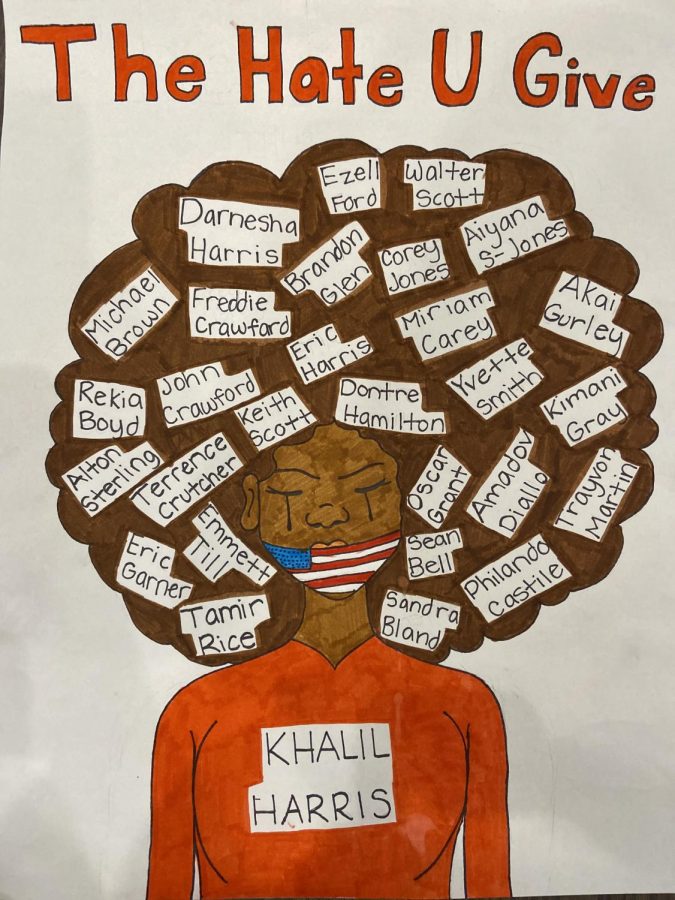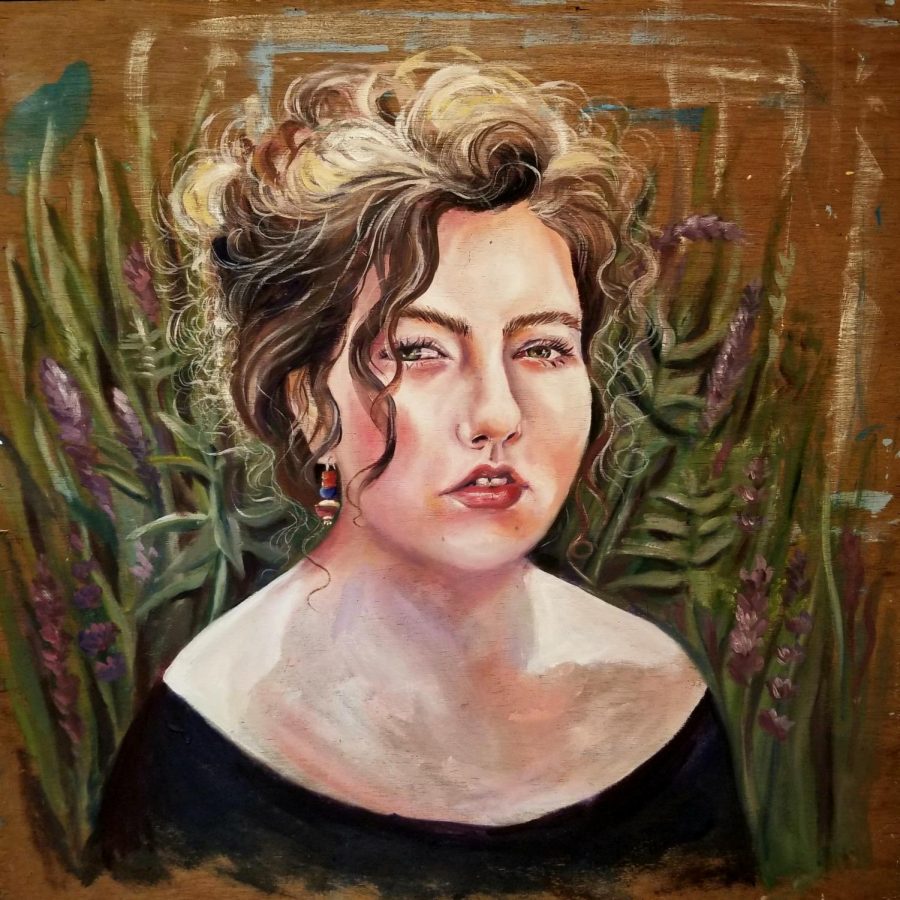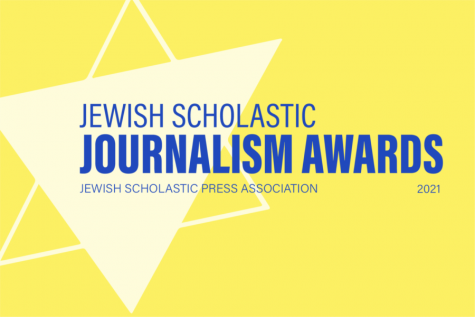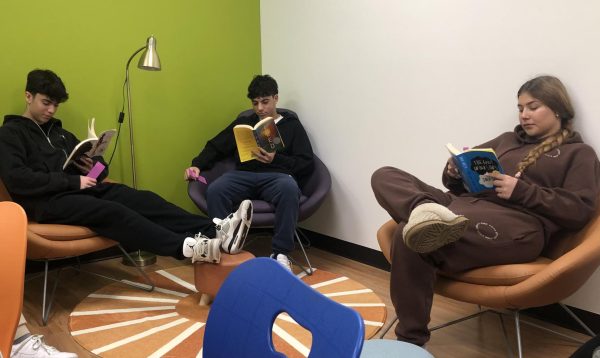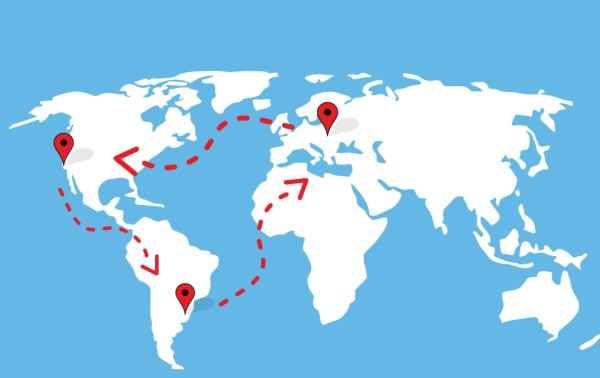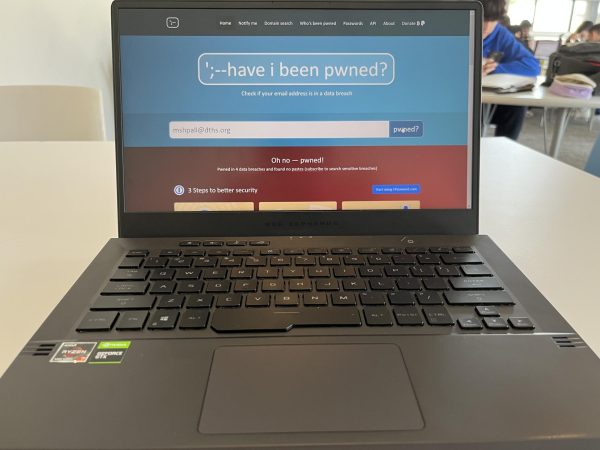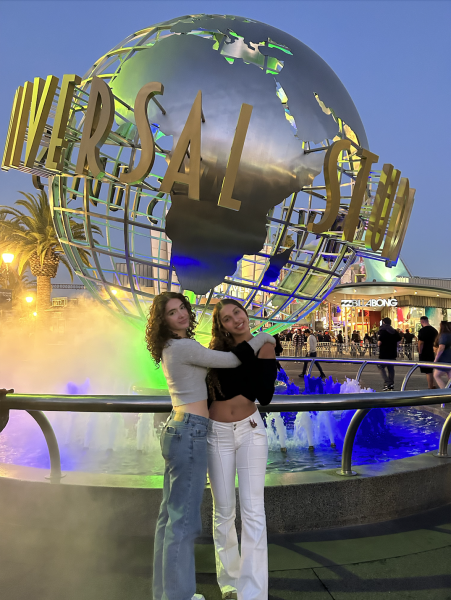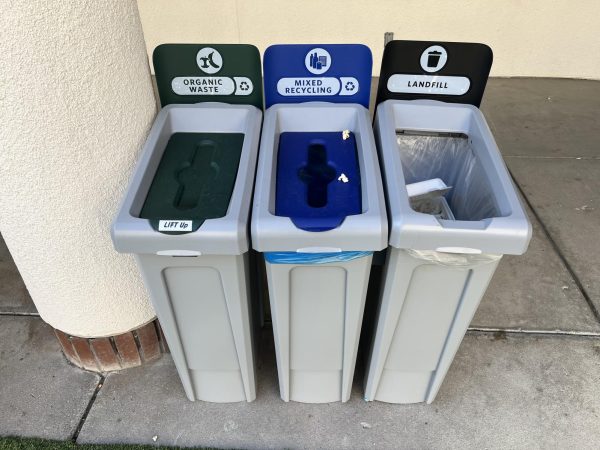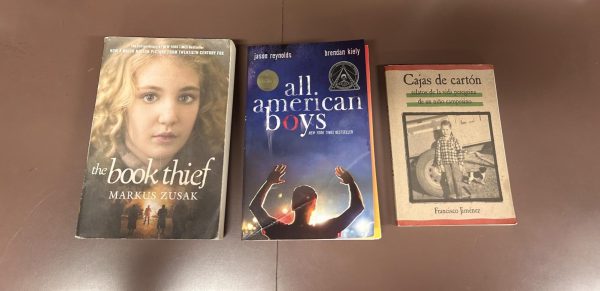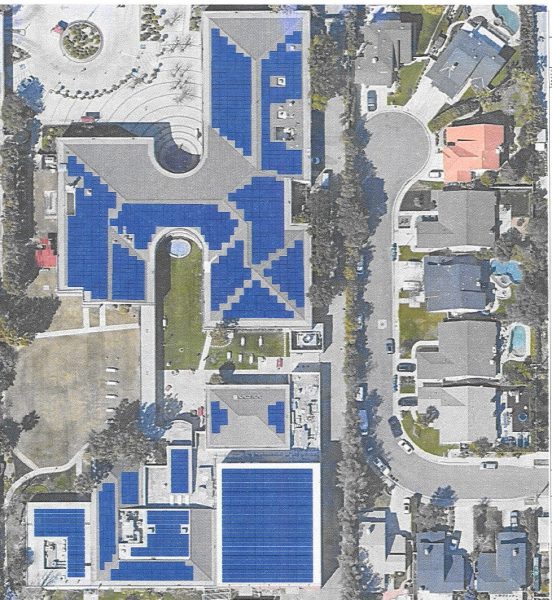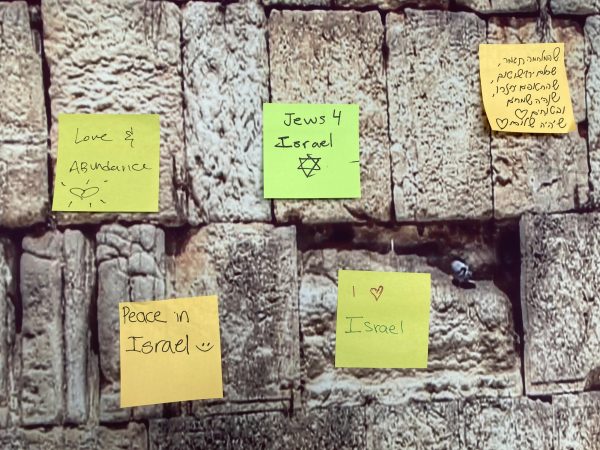History Department Makes History with Lunchtime Debate Series
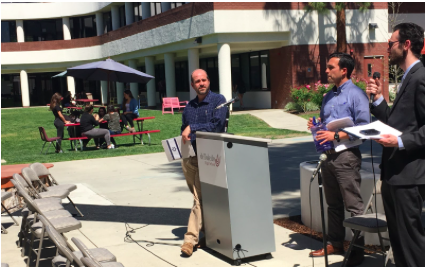
April 25, 2017
de Toledo’s first ever current event debate series was, inarguably, a success. Held on March 27-29 next to the jaguar statue, and hosted by the History department, the series consisted of three lunchtime debates in which teachers argued controversial topics ranging from immigration and Planned Parenthood to West Bank settlements.
During a History department discussion early in the spring semester about political discourse on campus, Mr. Hendlish suggested convening lunchtime current event debates.
The goal, Mr. Hirsch said, was “to hold civil and educational debates about controversial current event debate topics. Many people on this campus are interested in current events and want to talk about current events, so we wanted to create a space where there were would be truly respectful conversations that would be led by faculty members.”
Mr. Hendlish said, “We wanted to show that there is a better way to have civil discourse, one very different than what we are seeing right now in the public realm and do it the right way, the de Toledo way.”
In each debate, one teacher was the affirmative, meaning that they supported the topic, and one was the negative, opposing the topic. The event started with introductory remarks from Mr. Hendlish and Mr. Hirsch, three-minute affirmative and negative opening speeches, two-minute affirmative and negative rebuttal speeches, and a 15-minute open discussion, when audience members asked questions and voiced their opinions.
The first debate, on March 27, was about whether the U.S. should substantially restrict the flow of immigrants and refugees into the country, and featured Dr. Marcus (affirmative) and Mrs. Gastaldi (negative). In the second, on March 28, Mr. Chang (affirmative) and Ms. Boehm (negative) sparred over whether the U.S. federal government should cut funding to Planned Parenthood. To cap off the series, on March 29 Rabbi Lev (affirmative) and Mr. Hendlish (negative) argued about whether Israeli settlements in the West Bank were a barrier to peace.
The debates were models of civil discourse, with the faculty participants engaging in a respectful exchange of ideas and audience members listening thoughtfully and making substantive contributions to the discussions.
Many are now hungry for more and want this program to continue. Mr. Hendlish explained that Mr. Hirsch and he hope to organize several debates this school year featuring students, perhaps in a two-on-two format with student-faculty pairs.
In the long term, Mr. Hendlish said, “I hope we can make this something we do on a regular basis at de Toledo, maybe once or twice a month, and would love to switch off between faculty led debates and student led debates. Ultimately, I hope that our student body will get engaged in the political arena, voice their opinions, and strengthen our democracy. I want everyone there, getting involved. It is our civic duty and our responsibility.”
Just like the ancient Athenian democracy, where citizens could meet in the Assembly to discuss current issues, the History department hopes to turn the outdoor courtyard into a modern-day assembly space, where everyone can engage in respectful and educational current event debates.

